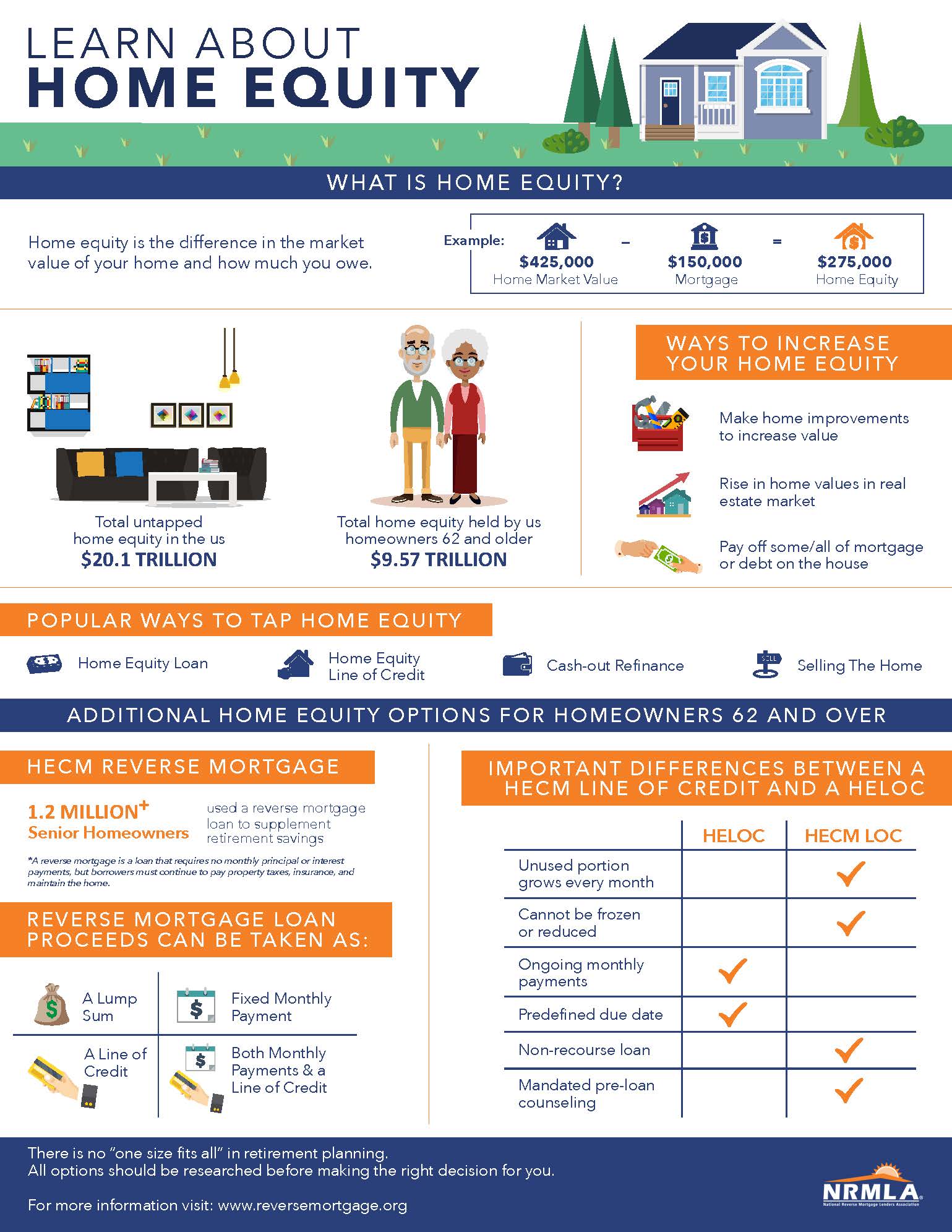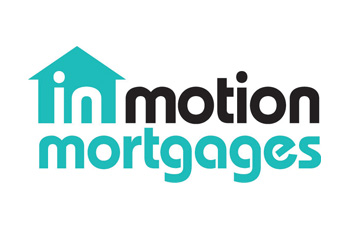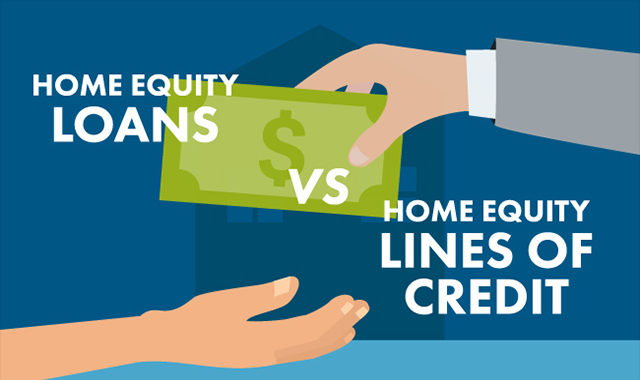Equity Release Mortgages Explained for New Applicants
Equity Release Mortgages Explained for New Applicants
Blog Article
A Comprehensive Guide to Selecting the Right Equity Release Mortgages for Your Requirements
Selecting the ideal equity Release home mortgage is a significant choice for many home owners. It includes recognizing various items and evaluating personal economic needs. With choices like lifetime home mortgages and home reversion schemes, the path can appear complex. Secret factors to consider include rate of interest and adaptability. As individuals navigate this landscape, considering potential threats and benefits comes to be necessary. What factors should one prioritize to ensure the very best outcome?
Understanding Equity Release Mortgages
Equity Release home loans give a monetary option for home owners wanting to access the worth secured their homes. Mainly made for individuals aged 55 and over, these home loans enable them to transform part of their home equity into cash while remaining to live in their homes. Property owners can use these funds for different objectives, such as supplementing retired life revenue, funding home renovations, or covering healthcare costs. The core concept behind equity Release is that the lending is settled upon the homeowner's death or when they move into lasting care, whereupon the property is typically offered to settle the debt. This method enables people to take pleasure in the benefits of their home's value without needing to transfer. It is essential for potential customers to recognize the effects of equity Release, consisting of possible impacts on inheritance and ongoing financial commitments, prior to deciding.
Types of Equity Release Products
When exploring equity Release items, it is important to understand the main kinds offered. Lifetime mortgages, home reversion schemes, and drawdown plans each offer unique attributes and advantages. Assessing these options can help individuals in making educated financial decisions concerning their building.
Life Time Home Mortgages Explained
Lifetime home mortgages represent among one of the most common kinds of equity Release items offered to house owners in retirement. This kind of home loan permits individuals to borrow versus the value of their home while maintaining ownership. Commonly, the finance and rate of interest built up are paid off when the homeowner dies or moves right into lasting care. Consumers typically have the choice to select between fixed and variable rates of interest, as well as whether to make month-to-month repayments or allow the interest roll up. The amount readily available to borrow normally depends on the house owner's age and residential or commercial property value. This monetary remedy can offer retired people with essential funds for numerous needs, including home renovations or additional earnings, while permitting them to remain in their homes.
Home Reversion Schemes

Drawdown Program Summary
Drawdown strategies stand for a versatile alternative within the spectrum of equity Release items, permitting property owners to access their residential property's worth as required. These plans allow people to Release a portion of their home equity incrementally, instead of receiving a round figure upfront. This versatility can be particularly helpful for managing financial resources over time, as debtors just pay passion on the quantities they take out. Typically, drawdown strategies feature a pre-approved limit, guaranteeing that house owners can access funds when essential without reapplying. Additionally, this strategy can aid alleviate the effect of intensifying passion, as much less cash is obtained at first. Generally, drawdown strategies satisfy those seeking economic adaptability while maintaining control over their equity Release trip.
Trick Variables to Consider
When picking an equity Release home loan, a number of essential elements require cautious consideration. Rate of interest comparison, the loan-to-value ratio, and the adaptability of functions provided can greatly influence the suitability of a product. Evaluating these components will certainly help people make informed choices that line up with their economic objectives.
Passion Rates Contrast
Navigating the landscape of equity Release mortgages calls for cautious consideration of rates of interest, which play a necessary function in establishing the total expense of the lending. Borrowers need to contrast fixed and variable rates, as fixed prices offer security while variable prices can change based on market problems. In addition, the timing of the rate of interest price lock-in can considerably impact the complete repayment quantity. Prospective customers have to also assess the interest rate (APR), which includes numerous fees and expenses related to the mortgage. Recognizing the implications of different interest rates will certainly enable individuals to make informed decisions customized to their financial circumstance. Inevitably, a complete evaluation of these factors can result in a lot more desirable equity Release outcomes.

Loan-to-Value Proportion
The loan-to-value (LTV) ratio acts as a crucial statistics in the domain of equity Release home mortgages, influencing both qualification and borrowing capability. It is calculated by splitting the quantity of the loan by the assessed worth of the residential or commercial property. Normally, a higher LTV ratio shows a greater danger for lending institutions, which can cause more stringent lending requirements. Most equity Release items have certain LTV restrictions, frequently figured out by the age of the consumer and the worth of the property. LTV ratios generally vary from 20% to 60%, depending upon these factors. Recognizing the effects of the LTV ratio is necessary for debtors, as it straight influences the amount they can access while guaranteeing they stay within secure loaning restrictions.
Versatility and Functions
Recognizing the adaptability and attributes of equity Release home mortgages is important for consumers seeking to optimize their monetary choices. Various items supply varying degrees of adaptability, such as the capability to make partial settlements or the option to take a round figure versus regular withdrawals. Borrowers need to likewise take into consideration the portability of the home loan, which permits them to transfer it to a new property if they choose to move. Extra attributes like the ability to include household participants or the option for a no-negative-equity assurance can enhance safety and satisfaction. Eventually, examining these variables will help debtors pick a strategy that aligns with their long-lasting economic objectives and personal scenarios.
The Application Process
How does one navigate the application process for equity Release home mortgages? The trip starts with evaluating qualification, which commonly needs the applicant to be at the very least 55 years old and possess a significant section of their home. Next off, people should gather essential paperwork, including evidence of income, home, and identification valuation.Once prepared, candidates can approach a lending institution or broker focusing on equity Release. A monetary expert might additionally give important advice, ensuring that all options are taken into consideration. Following this, the applicant submits a formal application, that includes an in-depth evaluation of their financial scenario and property details.The lending institution will certainly then conduct an assessment, which might include a home evaluation and discussions regarding the applicant's needs and conditions. The procedure culminates with an official deal, permitting the candidate to assess the terms before making a last decision. Clear interaction and understanding at each step are essential for an effective application.

Fees and costs Involved
Various costs and fees are related to equity Release mortgages, and prospective borrowers must be mindful of these economic factors to consider. At first, there may be an application charge, which covers the loan provider's administration costs (equity release mortgages). Furthermore, assessment charges are frequently required to assess the property's well worth, and these can differ substantially based upon the property's size and location.Legal charges should additionally be factored in, as customers will require a lawyer to browse the legal aspects of the equity Release procedure. Some lenders might enforce early settlement fees if the home mortgage is paid off within a certain term.It is important for consumers to extensively assess all expenses associated with an equity Release home mortgage, as they can affect the total worth of the equity being released. A clear understanding of these fees will allow individuals to make educated choices
Prospective Threats and Benefits
Equity Release mortgages include a selection of prices and costs that can affect a debtor's economic circumstance. They offer significant advantages, such as access check it out to funds without the demand to sell the home, enabling borrowers to make use of the money for retired life, home renovations, or to support relative. Possible dangers exist, including the decrease of inheritance for heirs, as the loan amount plus rate of interest must be paid back upon the debtor's fatality or relocate into lasting treatment. Additionally, the property's worth may dislike as expected, leading to a larger debt than expected. Consumers might additionally encounter restrictions on offering the home or relocating. It is necessary for people to carefully weigh these dangers versus the advantages to figure out if equity Release straightens with their lasting economic objectives. A thorough understanding of both aspects is vital for making an informed choice.
Concerns to Ask Prior To Dedicating
When thinking about an equity Release home loan, potential consumers need to ask themselves numerous essential concerns to guarantee they are making an informed choice. They must initially review their economic why not check here circumstance, including existing financial debts and future demands, to figure out if equity Release is appropriate. It is crucial to ask about the overall costs entailed, consisting of fees, rates of interest, and any fines for very early settlement. Debtors ought to also ask just how equity Release will certainly impact inheritance, as it might minimize the estate left for heirs. Comprehending the terms of the arrangement is vital; for that reason, inquiries pertaining to the versatility of the strategy, such as the capability to make repayments or withdraw extra funds, should be attended to. Finally, prospective borrowers must consider the reputation of the lending institution and whether independent financial suggestions has actually been sought to assure all facets are thoroughly comprehended.
Frequently Asked Concerns
Can I Pick Just How Much Equity to Release?
Individuals can normally choose exactly how much equity to Release from their home, but the quantity may be influenced by elements such as age, residential property worth, and lender requirements - equity release mortgages. Consulting with a monetary expert is suggested
What Happens if Home Worths Decline?
If residential or commercial property worths decrease, the equity offered for Release reduces, possibly causing a circumstance where the superior mortgage goes beyond the residential or commercial property worth. This situation might restrict economic alternatives and influence future preparation for homeowners.
Can I Still Relocate Home With Equity Release?
The capacity to relocate home with equity Release depends upon the certain terms of the equity Release plan. Usually, lots of plans enable property owners to transfer their equity Release to a brand-new property, based on authorization.
Exactly How Does Equity Release Affect My Inheritance?
Equity Release can significantly affect inheritance. By accessing home equity, the general value of an estate may decrease, potentially minimizing what beneficiaries receive. It's essential for people to consider these effects when making a decision on equity Release options.
Exist Any Type Of Age Limitations for Applicants?
Age constraints for equity Release applicants typically call for people to be at the very least 55 years of ages (equity release mortgages). Lenders might have extra requirements, often taking into consideration the candidate's monetary scenario and the property's value throughout my latest blog post the examination procedure
Verdict
In recap, selecting the right equity Release mortgage calls for cautious evaluation of specific economic situations and objectives. By comprehending the different item types, key variables, and connected expenses, consumers can make educated decisions. Furthermore, recognizing prospective risks and advantages is important for lasting financial security. Looking for independent monetary suggestions can further enhance the decision-making procedure, guaranteeing that the picked equity Release service straightens with the house owner's overall economic method and future aspirations. Equity Release home mortgages supply a financial solution for homeowners looking to access the worth secured in their homes. Understanding the versatility and features of equity Release home mortgages is important for debtors seeking to optimize their financial choices. Some loan providers might enforce early payment fees if the home mortgage is paid off within a specific term.It is important for debtors to extensively assess all expenses associated with an equity Release home mortgage, as they can impact the general worth of the equity being released. The capability to relocate home with equity Release depends on the certain terms of the equity Release plan. Seeking independent monetary guidance can better enhance the decision-making process, making certain that the chosen equity Release service aligns with the home owner's overall monetary method and future desires.
Report this page